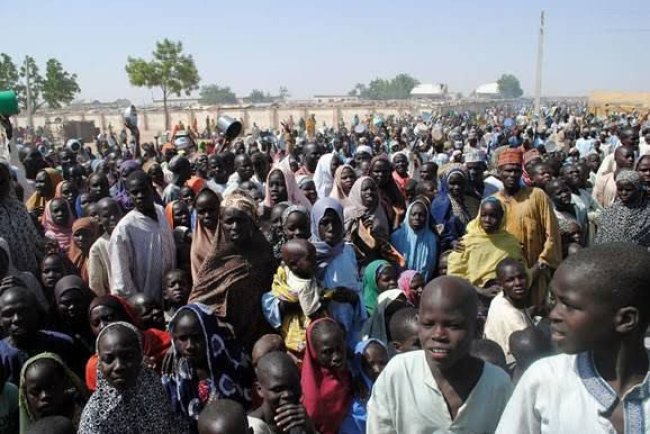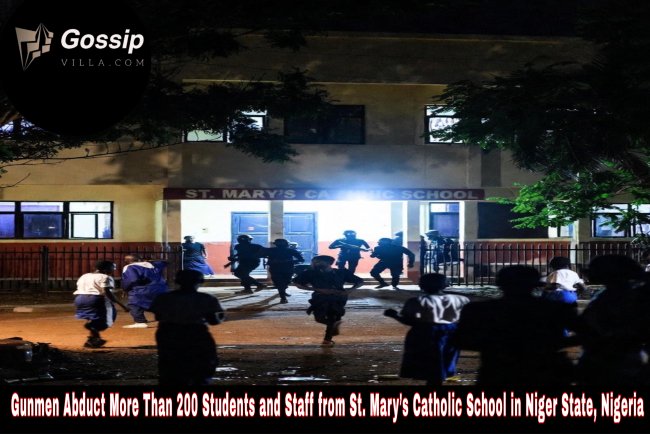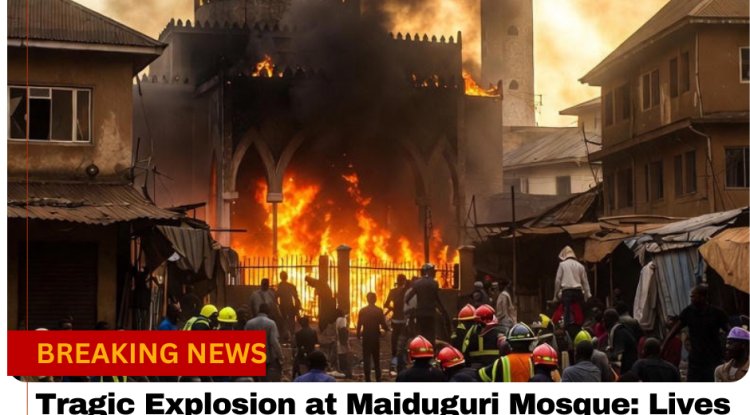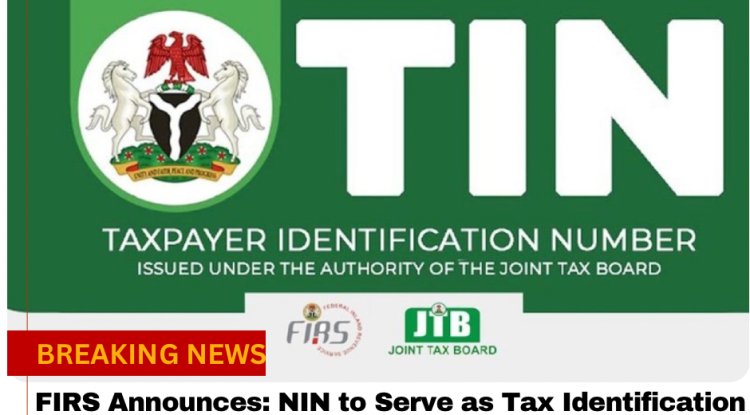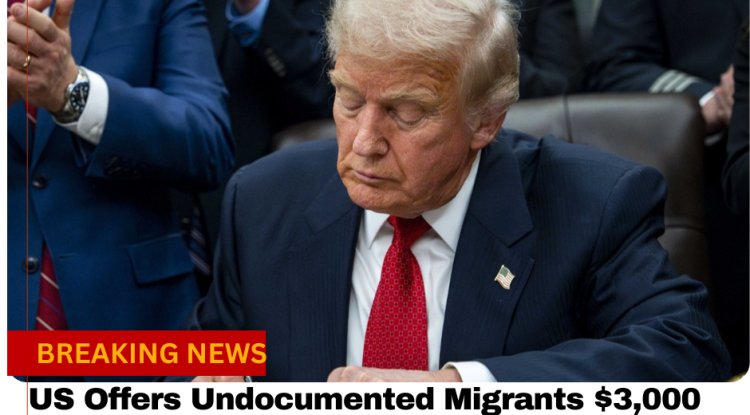Nigeria's Alarming Poverty Surge: Ranking 2nd Globally Under Tinubu
Nigeria's Alarming Poverty Surge: Ranking 2nd Globally Under Tinubu
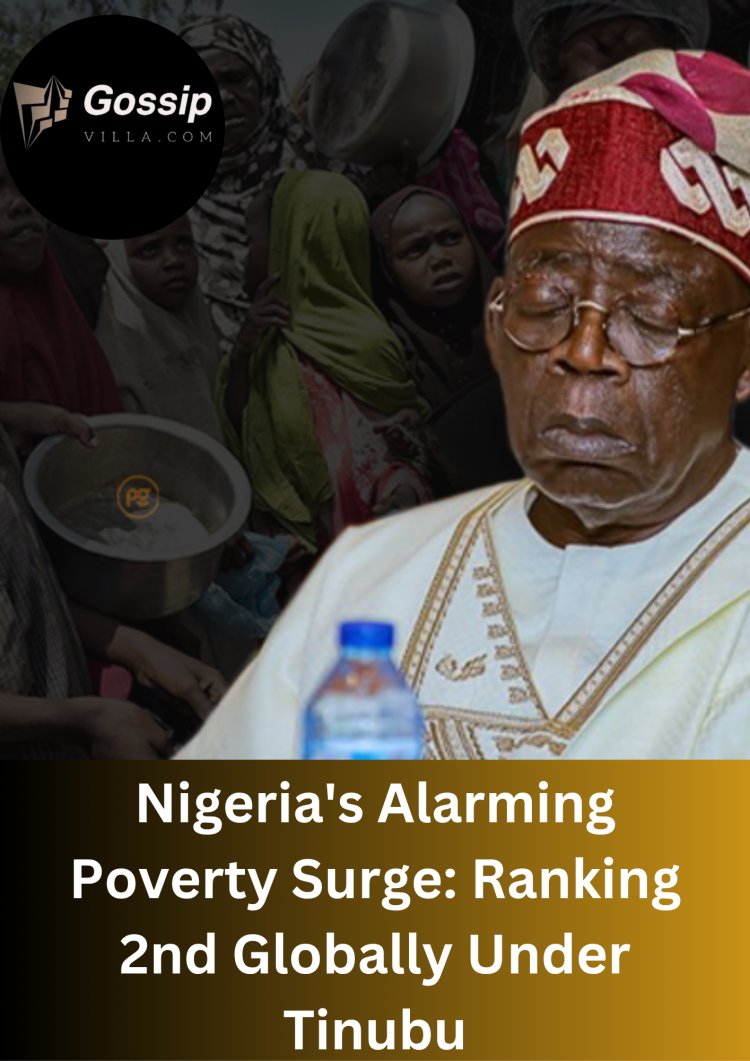
Nigeria's Alarming Poverty Surge: Ranking 2nd Globally Under Tinubu
A recent World Bank report has placed Nigeria as the country with the second-largest population of people living in poverty worldwide, trailing only India. With an estimated 87 million Nigerians – about 38.9% of the population – scraping by below the poverty line as of 2023, the figures paint a grim picture of economic despair under President Bola Tinubu's administration.
This isn't just numbers on a page; it's families struggling to afford basics like food and shelter, a crisis that's deepened dramatically in recent years.
What Exacerbated This Crisis?
The roots of this poverty explosion trace back to bold but painful economic reforms rolled out since Tinubu took office in 2023. The removal of fuel subsidies, while aimed at curbing corruption and boosting revenue, triggered skyrocketing fuel prices that rippled through everything from transportation to food costs.
Add to that the naira devaluation, which made imports – including essential goods – prohibitively expensive, and you've got a perfect storm of inflation hovering above 30%.
Unemployment remains stubbornly high, especially among youth, while low wages and inadequate social services have left millions vulnerable.
These policies, though necessary for long-term stability, have hit the poorest hardest, pushing an additional 13-14 million into poverty in just the past year or two.
Is the Federal Government Aware?
Absolutely, and they've been vocal about it. President Tinubu has repeatedly acknowledged the hardships, stating in August that "poverty affects people everywhere" but emphasizing Nigeria's potential to overcome it.
The administration has pumped N330 billion into social investment programs, reaching eight million vulnerable households with cash transfers and support.
His special adviser on economy even dismissed outright poverty claims, arguing Nigerians live better today than in 1960 due to broader access to goods.
Yet, critics say awareness must translate to faster relief amid ongoing protests.
How Do Other Countries See Us Now?
Internationally, this ranking is a blow to Nigeria's image as Africa's giant. Global bodies like the IMF and World Bank have flagged the worsening poverty and food insecurity as red flags, warning of persistent inflation and stalled growth.
It paints us as a nation of untapped potential overshadowed by humanitarian crises, potentially deterring investors and complicating diplomatic ties. In a world spotlighting inequality, Nigeria risks being viewed through the lens of aid dependency rather than innovation.
The Damages to Our Nation
The toll is devastating. High poverty fuels insecurity, with hunger and joblessness driving kidnappings and unrest – as noted by the Chief of Defence Staff.
Health suffers too: poor nutrition leads to high infant mortality and low life expectancy, while limited education access traps generations in cycles of deprivation.
Economically, it stifles growth, with over half of households vulnerable to shocks like illness, widening inequality and eroding social cohesion.
Pathways to Solutions
Turning the tide requires urgent, multifaceted action. First, amplify investments in girls' education and health to build human capital – proven levers for breaking poverty traps.
Expand the National Social Investment Program (NSIP) with transparent, accountable delivery to ensure aid reaches the needy.
Diversify the economy beyond oil through tech and agriculture, create jobs via equitable growth, and enforce good governance to control population pressures and boost management.
Embracing technology for opportunities could accelerate progress.
In Conclusion
Nigeria's slide to second in global poverty rankings is a wake-up call, not a death sentence. Under Tinubu, the government has the tools and awareness to pivot from hardship to hope. By prioritizing inclusive reforms and citizen voices, we can reclaim our narrative as Africa's powerhouse. The question isn't if we can rise – it's when we start. Let's demand and deliver change for the 87 million counting on it.
News source; Punch newspaper, World bank org.
What's Your Reaction?








